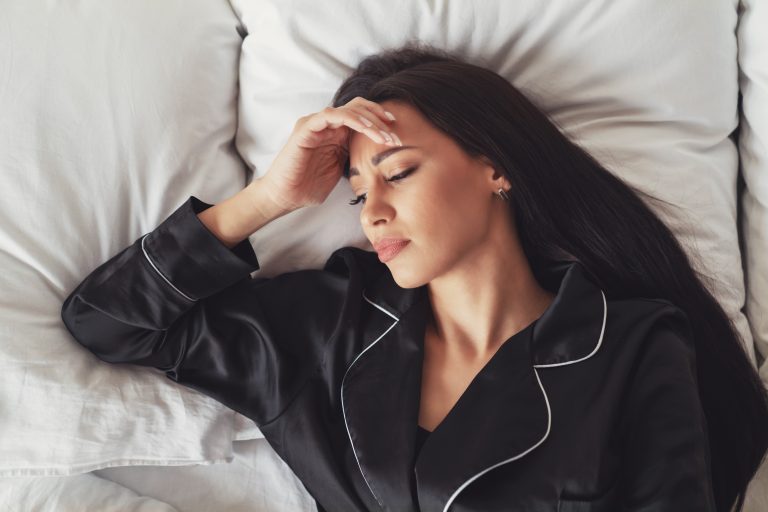When we are trying to improve our mental health, it can be quite easy to focus on one condition and its treatment alone. The reality is that our symptoms, behaviors, and life experiences often all interact with one another. Whether we know what we are looking for or not, everything can be connected.
For example, those with a fear heights can often make the symptoms of their fear much worse by doing everything they can to avoid heights. We try so hard to avoid a trigger or situation that we are not comfortable with, that we often cause our response to that inevitable encounter to become that much worse. This sort of cyclical self-fulfilling prophecy is often referred to as the psychology of avoidance.
It is important understand that this is a natural response. Our brains tend to look for routines and build structure around them. Unfortunately, that structure can sometimes be harmful to our mental health if we do not recognize how it interacts with our symptoms. Much of mental health is cyclical like this.
Another example of a cycle of mental health has to do with anxiety and sleep. The symptoms of anxiety can often cause sleeping issues, while there are also many complications from poor sleep that can likewise worsen the symptoms of anxiety. Taking the time to explore this relationship and understand these complications is a great way to take a step towards proper treatment.
The Relationship Between Anxiety and a Bad Night’s Sleep.
Anxiety is a condition that can affect our sleep quality significantly, damaging both the frequency and the quality of our rest. Patients who are prone to worrying or ruminating about the concerns of the day while attempting to fall asleep are often caught up in anxiety. There are several other symptoms associated with poor sleep that can be connected to anxiety, including:
- Increased Worry and Fear – Our tendency to worry, a symptom prompted by anxiety, can often make it harder to fall or stay asleep throughout the night.
- Common Nightmares – Trying to sleep when dealing with the symptoms of anxiety has been proven to provoke nightmares that are likely to disrupt our sleep cycles, as well as reinforce the fear of falling asleep.
- Increased Sleep Reactivity – Those suffering from anxiety conditions have been shown to struggle with sleep reactivity, meaning it is more common for them to have sleeping problems when dealing with stress.
There have been enough studies and research done that it is now fairly easy to draw a line between anxiety and the symptoms of a poor night’s sleep.
The Relationship Between a Bad Night’s Sleep and Anxiety.
While it may not be surprising that anxiety can lead to issues with our sleep, the connection between those same issues sleeping and their impact on our anxiety can be a bit more challenging to tackle. When our anxiety causes pour sleep, that poor sleep can in turn cause more severe anxiety symptoms. This can often look like:
- Increased Stress and Anxiety – Sleep deprivation can often make our anxiety worse, causing a negative cycle of insomnia, the inability to fall asleep, and anxiety.
- Negative Thinking – Waking up throughout the night or consistent interruptions to our sleep can be detrimental to the part of our brain that helps regulate our mood and bias towards negative thinking. This in turn can make negativity more common.
- Decision-Making Skills – When we are dealing with consistently poor sleep or sleep deprivation, our ability to make good decisions may be damaged. This in turn makes it harder for us to cope with stress and anxiety.
While the connection is not always apparent, what is clear is that struggling with sleep it is both a contributing factor to anxiety, as well as a factor that makes anxiety that much worse.
Breaking the Cycle to Get a Good Night’s Sleep up
These studies should not be taken to prove that a bad night’s sleep is always caused by anxiety, or that anxiety as a condition is always going to cause us to have a bad night’s sleep. Taking the time to understand the relationship between the two though is still incredibly important and speaks to that psychology of avoidance.
It can be incredibly difficult to know how to treat a cyclical set of symptoms if we are not able to recognize the cycle of cause and effect. Treating the symptoms of anxiety can often improve our night’s sleep, and this in turn will help us improve our anxiety.

